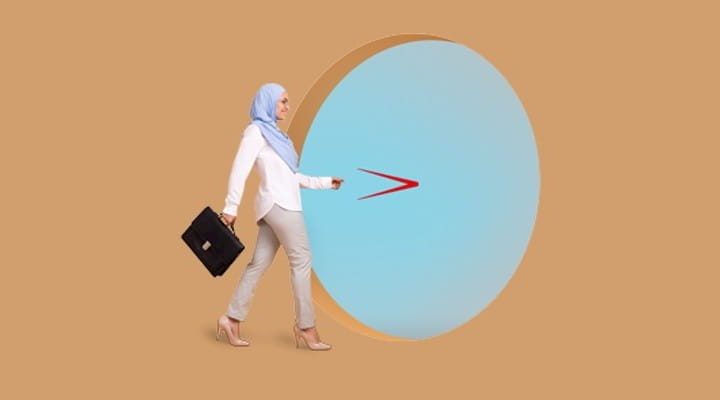When faced with ethical dilemmas in challenging times, it is pertinent to remind ourselves of the fundamental principles that underpin the ICAEW Code of Ethics. These interlink and support one another:
Integrity: to be straightforward and honest in all professional and business relationships.
Objectivity: not to compromise professional or business judgments because of bias, conflict of interest or undue influence of others.
Professional competence and due care: to
- attain and maintain professional knowledge and skill at the level required to ensure that a client or employing organisation receives competent professional service, based on current technical and professional standards and relevant legislation; and
- act diligently and in accordance with applicable technical and professional standards.
Confidentiality: to respect the confidentiality of information acquired as a result of professional and business relationships.
Professional behaviour: to comply with relevant laws and regulations and avoid any conduct that the professional accountant knows or should know might discredit the profession.
The Code also expands further on each principle. For example, it is not enough to only keep information confidential, but that we must also take all reasonable steps to preserve confidentiality (Code of Ethics, 114.0 A1).
Further requirements include maintaining confidentiality of information within the firm or employing organisation; not using confidential information acquired as a result of professional and business relationships for personal advantage; and taking reasonable steps to ensure that personnel under the accountant’s control, and individuals from whom advice and assistance are obtained, respect the accountant’s duty of confidentiality (Code of Ethics, R114.1).
The Code requires us to apply the conceptual framework to identify, evaluate and address threats to compliance with the fundamental principles (Code of Ethics, R120.3). Threats may come in the form of self-interest threats, such as a professional accountant having a close business relationship with the client or having access to confidential information that might be used for personal gain (Code of Ethics, 300.6 A1). Another example is conflicts of interest, which threaten compliance with the principle of objectivity, for example where the interests of the professional accountant and the client for whom the accountant provides a professional service, conflict (Code of Ethics, 310).
But upholding the very highest standards of ethical conduct means going beyond merely the precise terms of the Code. As the Code itself makes clear, “professional accountants shall be guided not merely by the terms but also by the spirit of the Code” (Code of Ethics, R1.3). Only then will we strengthen trust in our profession and our work.
In this vein, we must also remember our wider responsibility to act in the public interest – a distinguishing mark of the chartered accountancy profession, which means our responsibilities go beyond the needs of an individual client or employer (Code of Ethics, 100.1 A1). One of the objectives set out in our Royal Charter is “to maintain a high standard of efficiency and professional conduct by members” and another is to serve the public interest. In respecting confidentiality, we also serve the public interest, by facilitating the free flow of information between client or employer and the professional accountant (Code of Ethics, 114.1 A1).
As well as containing application guidance, the Code of Ethics is supplemented by the Professional Conduct in Relation to Taxation (PCRT), which is prepared jointly by seven professional bodies and associations, of which the ICAEW is one.
To support our members in understanding and upholding the highest standards, we continue to update our Ethics Hub, which provides a comprehensive database of resources including articles, helpsheets, reports and useful links. Recent additions include new videos focussed on ethical decision-making and whistleblowing, which I encourage all members to view.
Ethics CPD course
This free course helps you apply the Code of Ethics to everyday situations and satisfy your CPD requirements.




